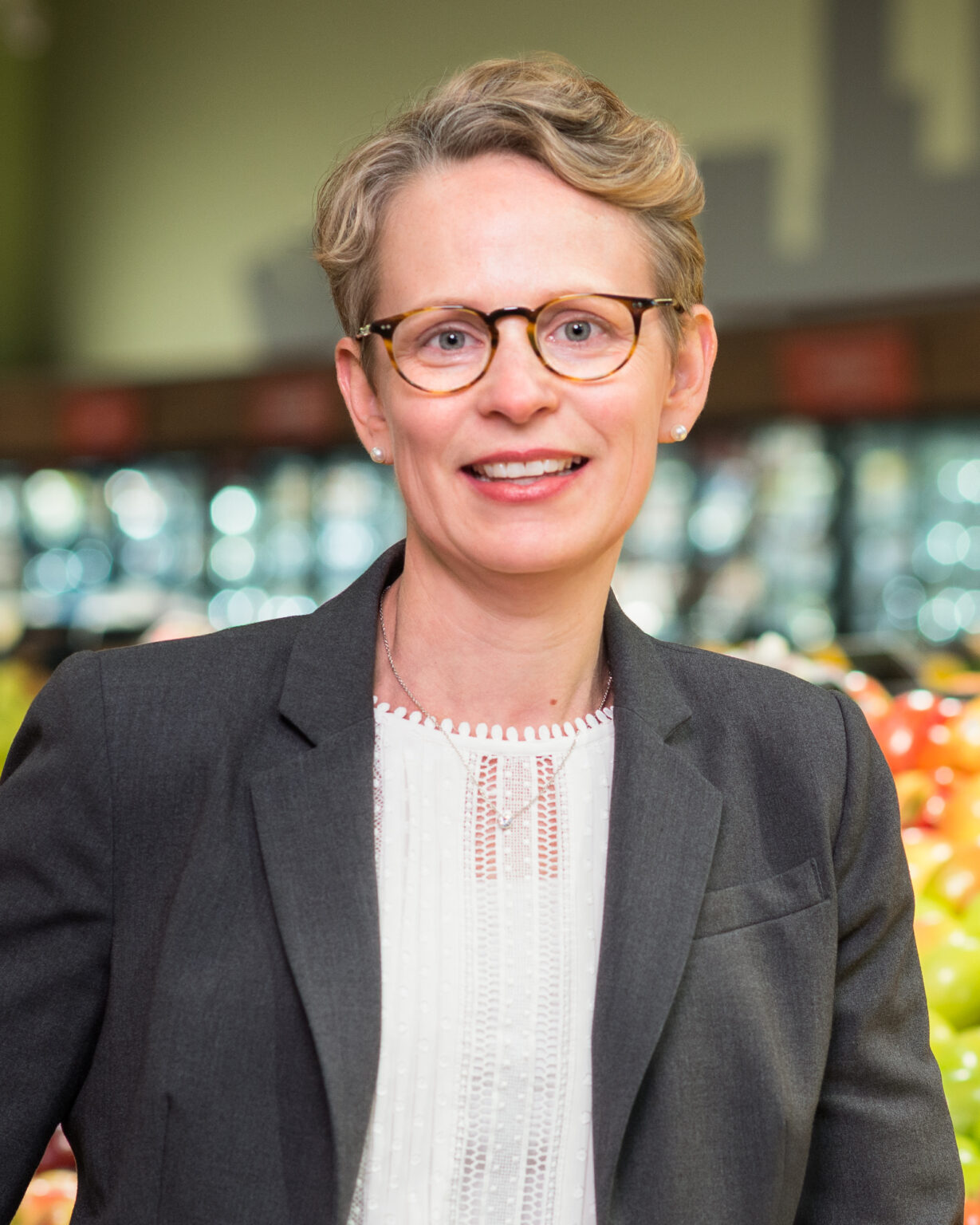There are many initiatives that work to address nutrition inequality; however, these programs are often not coordinated with other aspects of the local food system. The Foundation for Food and Agriculture Research (FFAR) is awarding an additional $1 million grant to Case Western Reserve University to build upon a 2018 Tipping Points grant by assessing efforts to improve food system equity through coordinated community-initiated engagement.
The initial award, totaling $2.1 million with matching funds from the Modeling the Future of Food in Your Neighborhood Study partners, identified tipping points to maximize the equitable impact of coordinated food systems efforts. This research engaged community partners to develop models that reflect neighborhood-level food system dynamics.
Building on the findings from the original grant, this second award, along with 19 matching funders, is funding the Nourishing Neighborhoods Empowering Communities Study to examine the success of the Nourishing Power Network. This network seeks to provide a foundation for promoting freedom, hope and dignity in food traditions resulting in holistic health for Black, Latino/a/x, Asian and Indigenous communities.
Specifically, the network is testing ways to accelerate nutrition equity by expanding community-initiated food justice initiatives in cities with high rates of food insecurity. This award further extends the research team to include two community partners as co-leads of the study: The FARE Project and Neighborhood Connections.
“Solving entrenched problems of the food system necessitates a synchronized approach that prioritizes change led by the community,” said Darcy Freedman, Swetland Professor of Environmental Health Sciences and professor in the Department of Population and Quantitative Health Sciences at the Case Western Reserve School of Medicine. “Transforming outcomes of the food system to advance health equity will require reimagining the system’s goals and changing behavior—by individuals, organizations, communities and policymakers. Our approach aims to test the impact of establishing nutrition equity as a new goal for food systems in racialized urban neighborhoods.”
Communities with a history of disinvestment tend to have fewer stores selling fresh and healthy foods, higher rates of food insecurity and poorer diet quality that collectively contribute to disparities in quality and length of life for underrepresented minorities. Growing evidence suggests that singular initiatives, such as opening a grocery store, starting a farmers’ market or changing stocking standards at food pantries do not result in sustained impact for health equity.
Thus, this research instead focuses on community engagement to foster nutrition equity. The Nourishing Power Network translates the team’s modeling research into community action through intersecting activities designed to further community ownership of local food systems.
“Nutrition inequality negatively affects a person’s overall health and is a symptom of systemic problems. Nutrition security and hunger must be addressed using a coordinated, community-led approach,” said John Reich, FFAR scientific program director. “This research will identify opportunities to improve efforts to provide equitable food access within a local food system while involving those who are directly affected by these issues.”
Evaluation of the Nourishing Power Network will lean into the team’s initial research focused on the complex system dynamics shaping nutrition equity. The researchers will use case studies and social network analysis to dive deeper into how and why food systems change is sparked and sustained in a community, including examining unintended consequences of transformation.
Findings will provide guidance on community-derived methods for measuring nutrition equity within hyper local settings, such as neighborhoods. The Nourishing Power Network is initially focusing on Cleveland, East Cleveland, Euclid, Cleveland Heights and Garfield Heights—cities with the highest rates of nutrition security in Cuyahoga County. Long term, the goal is to establish a network approach that generates responsive solutions to food insecurity that could be replicated nationally.
 Original source can be found here.
Original source can be found here.
 Alerts Sign-up
Alerts Sign-up